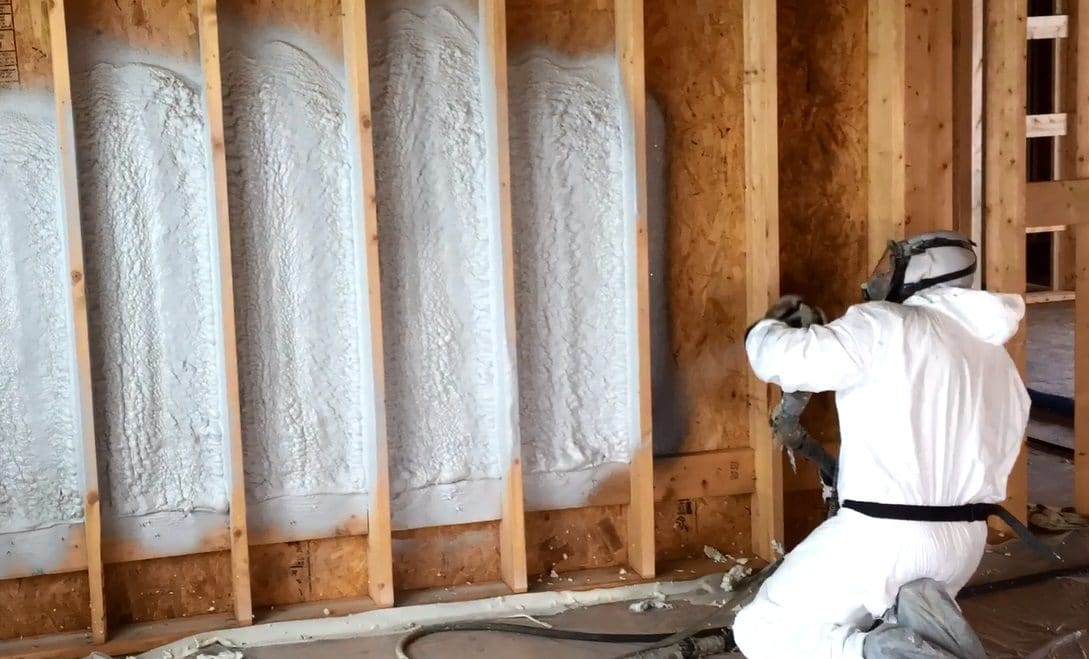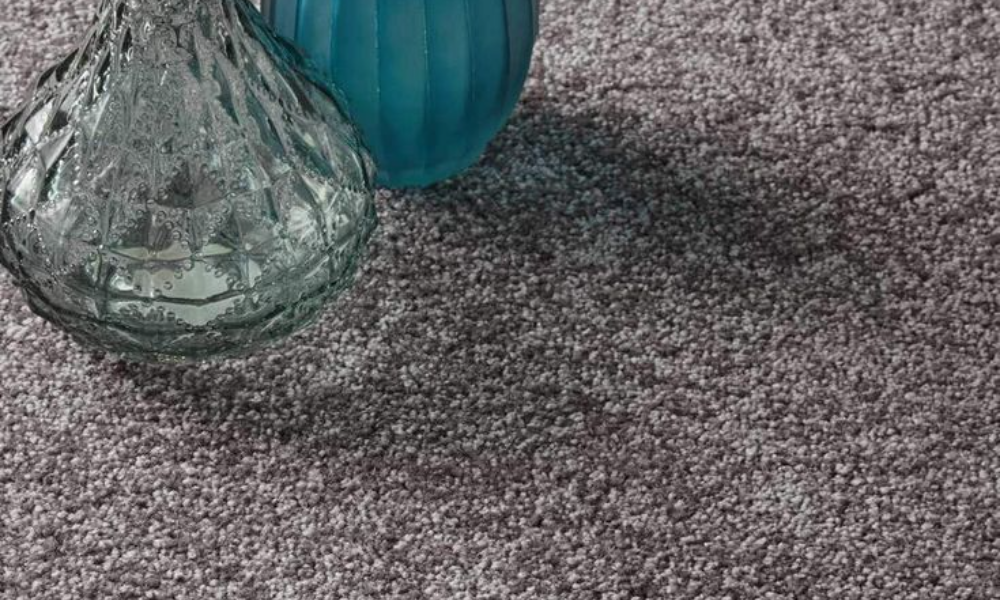How Closed Cell Foam Insulation Can Strengthen Your Structure

Closed cell foam insulation is one of the most effective materials used to enhance the structural integrity of buildings. It’s widely recognized for its ability to insulate, prevent moisture damage, and provide additional strength to a structure. If you’re constructing or upgrading your home or building, especially in areas with extreme weather conditions, closed cell foam insulation could be the solution you need. This type of insulation is ideal for protecting your property from the outside elements while also boosting its durability and overall strength.
In this blog post, we will explore how closed cell foam insulation works and why it is a game-changer for your building’s structural integrity. Whether you’re located in Tallahassee, Panama City, or any other area in Florida, closed cell foam insulation offers significant benefits for your new construction or home improvement projects.
What is Closed Cell Foam Insulation?

Closed cell foam insulation is made from a highly durable material that expands when sprayed, forming a dense layer of foam. This foam is made up of tiny, closed cells, which means that the individual bubbles inside the foam are tightly sealed. As a result, closed cell foam has a high R-value (a measure of thermal resistance), providing excellent insulation while preventing air and moisture from penetrating the material.
The closed cells in the foam make it significantly denser than open-cell foam insulation, which is why it offers superior strength, moisture resistance, and thermal performance. These properties make it an excellent choice for use in regions that experience extreme heat or humidity, such as Florida.
How Does Closed Cell Foam Insulation Strengthen Your Structure?
1. Enhances Structural Integrity
Closed cell foam insulation not only provides thermal protection but also strengthens the building’s structure. When applied to walls, ceilings, and roofs, the foam hardens as it cures, adding an additional layer of strength to your home or commercial building. The density of the closed cells gives it the ability to reinforce building materials, making them more resistant to the forces of nature such as wind and heavy rains, which are common in Florida.
In areas like Tallahassee, where hurricanes and tropical storms are frequent, this added strength is especially beneficial. By reinforcing the structure, closed cell foam insulation helps ensure that your building can withstand harsh weather conditions, reducing the risk of structural damage and extending the lifespan of your property.
2. Provides Superior Moisture Resistance
In humid climates like Florida, moisture can be a significant problem for buildings. Moisture intrusion can cause wood rot, mold growth, and overall deterioration of a building’s materials. Closed cell foam insulation is highly effective at preventing moisture from entering walls, ceilings, and other structural components.
Because the cells in closed cell foam are sealed, it forms an airtight barrier that resists water and moisture. This is particularly important in areas such as basements, crawlspaces, and attics, where moisture problems are common. By protecting the structural elements from water damage, closed cell foam insulation helps preserve the integrity of your building, making it more durable and long-lasting.
3. Boosts Energy Efficiency
Closed cell foam insulation is known for its high R-value, which means it provides excellent thermal resistance. This insulation helps maintain a consistent temperature inside your home or building, reducing the need for heating and cooling. In Florida, where temperatures can soar during the summer, having effective insulation can significantly reduce energy consumption, keeping your cooling costs lower.
By preventing heat from entering during the summer and retaining warmth in the winter, closed cell foam ensures that your property remains comfortable year-round. The added benefit is that your HVAC systems won’t have to work as hard, which can result in lower energy bills and reduced wear and tear on your equipment.
4. Prevents Air Leaks
Air leaks are one of the primary sources of energy loss in a building. When air escapes through cracks, gaps, and holes in your insulation or structure, it makes your HVAC system work harder to maintain a comfortable temperature. Closed cell foam insulation helps eliminate these air leaks by sealing any gaps in the building’s envelope.
The foam expands and fills even the smallest cracks, creating a seamless, airtight barrier that prevents conditioned air from escaping and outside air from entering. This tight seal improves energy efficiency, enhances comfort, and contributes to a stronger, more durable structure.
5. Soundproofing Properties
In addition to insulating against temperature fluctuations, closed cell foam insulation also has soundproofing capabilities. The dense, rigid foam absorbs sound waves, preventing noise from traveling between rooms or from the outside environment. This is especially important in areas like Tallahassee and Panama City, where street noise, heavy traffic, or nearby construction can disrupt the peace inside your home or building.
By improving soundproofing, closed cell foam insulation creates a quieter, more comfortable living or working environment. It also enhances privacy by reducing the amount of noise that can pass through walls or ceilings.
Installation Process of Closed Cell Foam Insulation
1. Professional Evaluation
Before installing closed cell foam insulation, a professional contractor will conduct an assessment of your building. This helps determine the areas that need insulation and ensures that the right amount of foam is applied. A comprehensive evaluation will ensure that the foam is applied strategically to areas where it will be most effective, such as attics, walls, and crawl spaces.
2. Preparation and Cleaning
The surfaces to be insulated must be properly prepared before application. This includes ensuring that they are clean and free from debris or moisture that could affect the foam’s adhesion. The contractor will take care to protect the surrounding areas to ensure a clean and efficient application.
3. Foam Application
Once everything is ready, the closed cell foam insulation is sprayed onto the surfaces using specialized equipment. The foam expands as it is applied, filling all gaps and creating an airtight barrier. The contractor will ensure that the foam is evenly distributed and covers all the necessary areas.
4. Curing and Inspection
After the foam has been applied, it needs time to cure and harden. This usually takes a few hours. Once the foam has cured, the contractor will conduct a final inspection to ensure that there are no gaps or missed areas. Any issues will be addressed before the job is considered complete.
Benefits of Closed Cell Foam Insulation

For homeowners and builders in Tallahassee, Chipley, Panama City, Bonifay, Vernon, Destin, Defuniak Springs, Dothan, Florida Panhandle, and Blountstown, closed cell foam insulation offers several key benefits:
- Enhanced Structural Integrity: The foam reinforces the building’s structure, making it stronger and more resistant to wind and moisture.
- Energy Efficiency: Helps reduce energy bills by preventing heat transfer and air leaks.
- Moisture Resistance: Protects against water damage and mold growth.
- Soundproofing: Improves privacy and reduces noise from the outside or between rooms.
- Long-Term Durability: Closed cell foam remains effective for many years without degrading.
Conclusion
Closed cell foam insulation is a powerful solution for strengthening the structural integrity of your home or building. It provides energy efficiency, moisture resistance, and soundproofing while adding long-term durability to your structure. Whether you are building a new home or upgrading an existing one, Premier Insulation Plus can help you harness the benefits of closed cell foam insulation for a more comfortable and robust living space.
For expert installation of closed cell foam insulation in Tallahassee and throughout Florida, call Premier Insulation Plus at (850) 600-4402 today. Don’t wait—improve the strength and efficiency of your structure with closed cell foam insulation now.
Frequently Asked Questions
1. How long does closed cell foam insulation last?
Closed cell foam insulation lasts for decades, maintaining its performance over time without degradation.
2. Is closed cell foam insulation safe?
Yes, closed cell foam is safe once it has cured. It is non-toxic and poses no harm to residents when properly installed.
3. How much does closed cell foam insulation cost?
The cost of closed cell foam insulation depends on the size of the project and the areas that need to be insulated. While it may have a higher upfront cost, the long-term benefits of energy savings and durability make it a wise investment.
4. Can closed cell foam be applied in any climate?
Yes, closed cell foam insulation is suitable for use in all climates, including humid regions like Florida. Its moisture-resistant properties make it ideal for areas prone to high humidity and water damage.
5. Can closed cell foam insulation be applied to existing structures?
Yes, closed cell foam insulation can be applied to both new constructions and existing buildings, improving energy efficiency and strengthening the structure.









